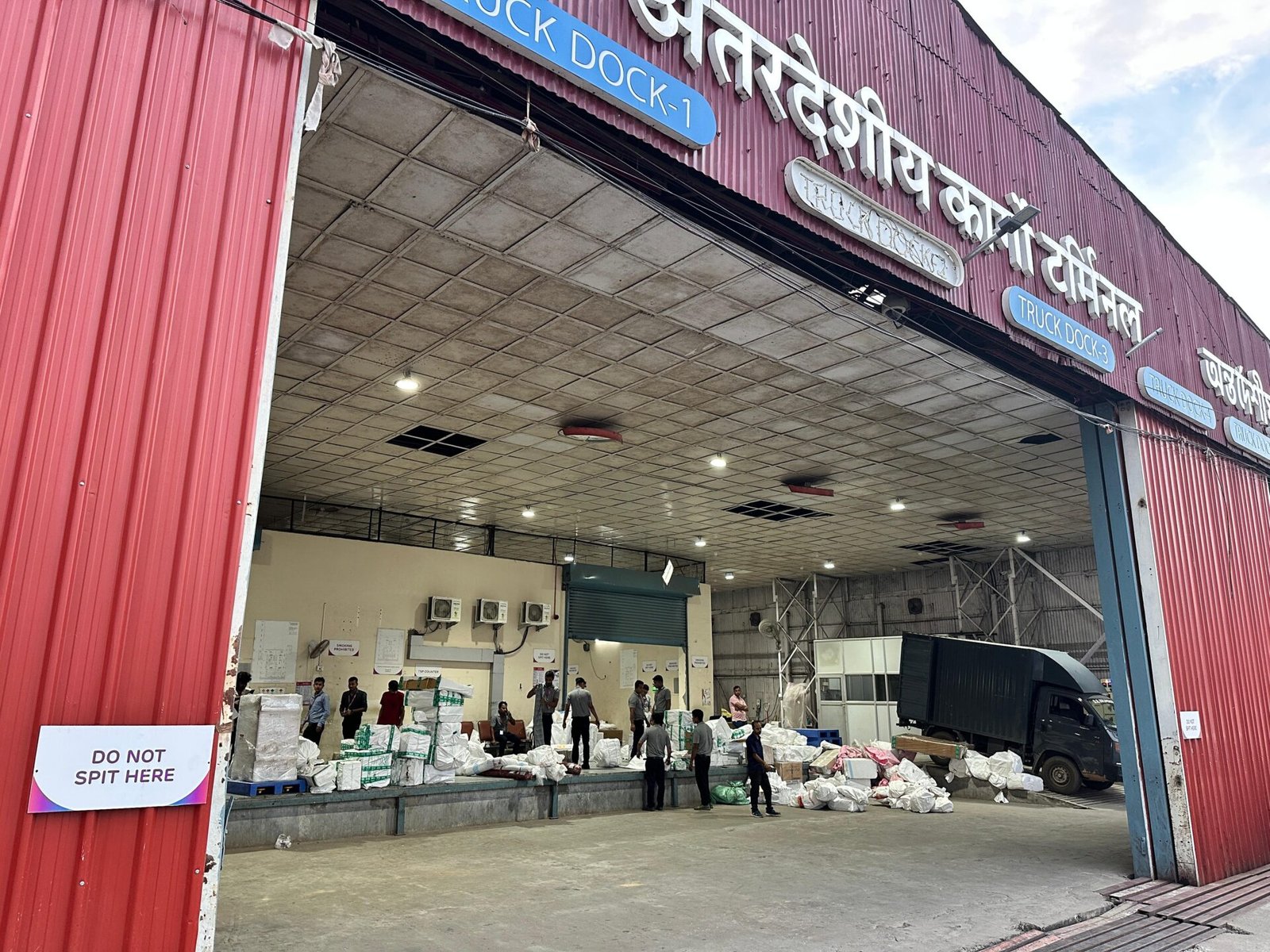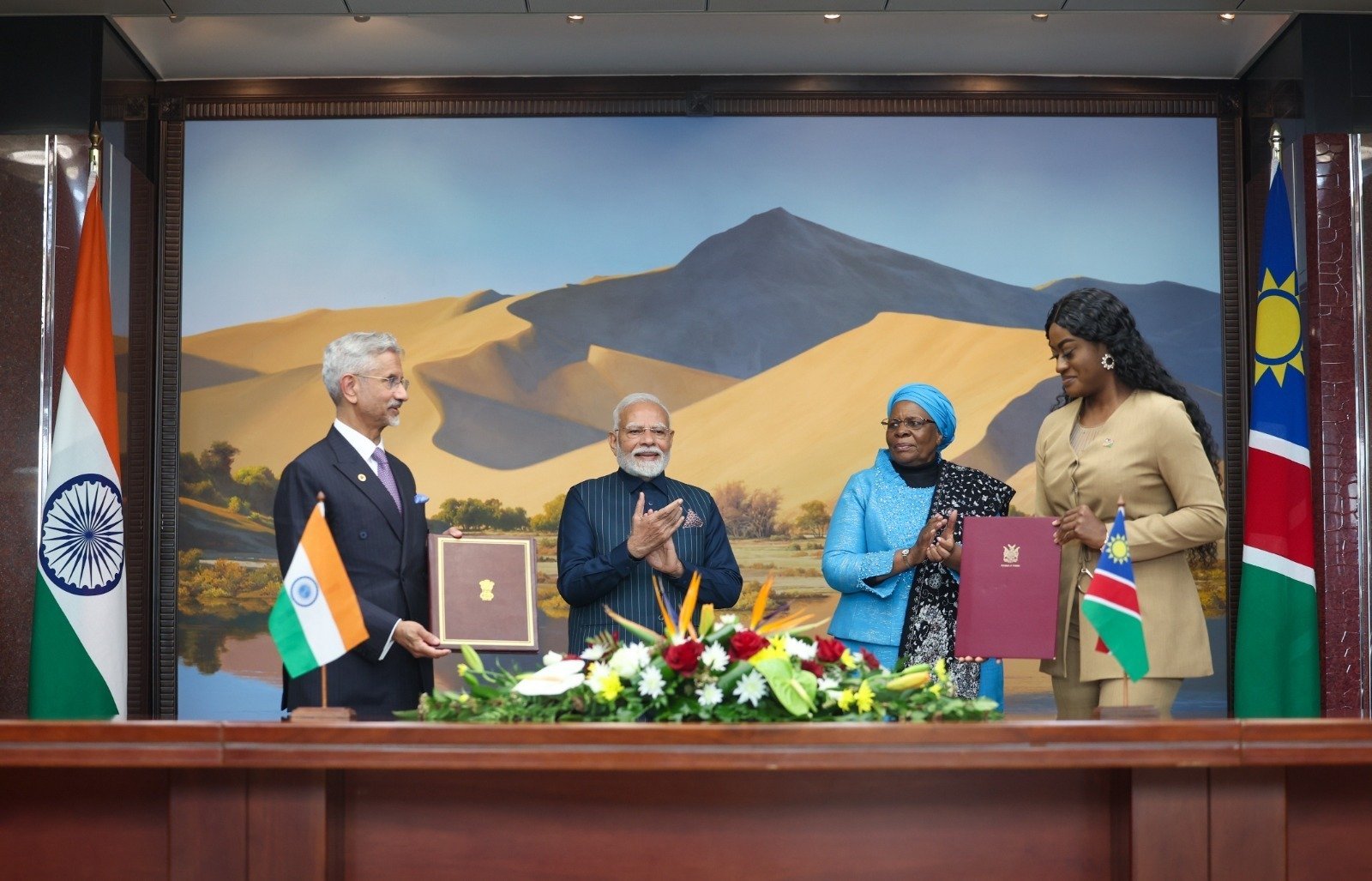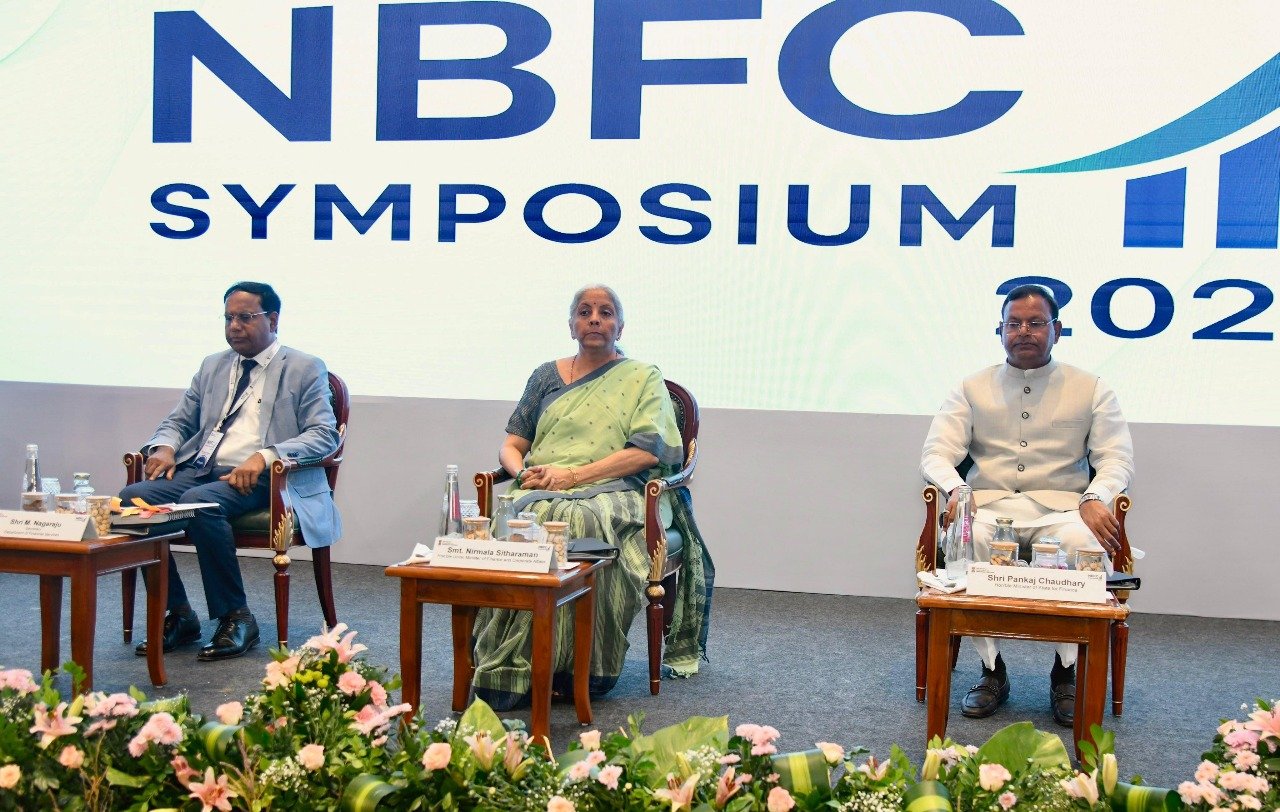
Hyderabad, 15th May 2024 : In Telangana, the agrarian landscape often mirrors a tapestry of struggles and resilience, with farmers at the forefront of battles for their rights. In recent days, Lambada farmers, a significant community in the state, have found themselves entangled in a distressing episode revolving around paddy procurement. This saga not only underscores the perennial challenges faced by farmers but also highlights the intricate dynamics between agricultural communities and governing bodies.
The issue of paddy procurement has become a poignant narrative in Telangana, where farmers, particularly from marginalized backgrounds, confront a myriad of obstacles. The Lambada community, renowned for their agricultural prowess, has historically contributed to the state’s agrarian economy. However, their recent plea to authorities, symbolized by falling at the feet of police officers, epitomizes their desperation and frustration.
At the heart of the matter lies the procurement process, a lifeline for farmers, where the produce is purchased by government agencies at Minimum Support Price (MSP). For Lambada farmers, this process has morphed into a labyrinth of bureaucratic red tape and systemic inefficiencies, exacerbating their plight. Reports suggest that despite toiling tirelessly in their fields, these farmers are left grappling with uncertainties, as their produce remains unsold or undervalued.
The ramifications of this crisis are manifold. Beyond the immediate economic ramifications, it casts a shadow on the very fabric of rural livelihoods, threatening the socio-economic stability of entire communities. The sight of farmers prostrating before authorities is not merely a spectacle; it is a poignant symbol of their anguish and desperation, an expression of their plea for justice and dignity.
In response, authorities are urged to heed the voices of the marginalized, to acknowledge the inherent dignity of every farmer, irrespective of caste or creed. A comprehensive overhaul of the procurement mechanisms is imperative, one that prioritizes transparency, efficiency, and equitable treatment of all stakeholders. Additionally, concerted efforts must be made to address the underlying systemic issues that perpetuate such crises, ranging from infrastructural deficiencies to policy lacunae.
Moreover, this episode underscores the need for broader societal introspection. It beckons us to reevaluate our relationship with agriculture, to recognize the invaluable contributions of farmers, and to cultivate a culture of empathy and solidarity. As consumers, we are intricately linked to the fate of these farmers, and their struggles resonate far beyond the confines of rural landscapes.
In conclusion, the plight of Lambada farmers in Telangana serves as a sobering reminder of the profound challenges that pervade our agricultural ecosystem. Their appeal to authorities transcends mere rhetoric; it is a clarion call for justice, dignity, and systemic reform. As we navigate these turbulent times, let us stand in solidarity with the farming community, amplifying their voices and championing their cause, for in their resilience lies the promise of a more equitable and sustainable future.








